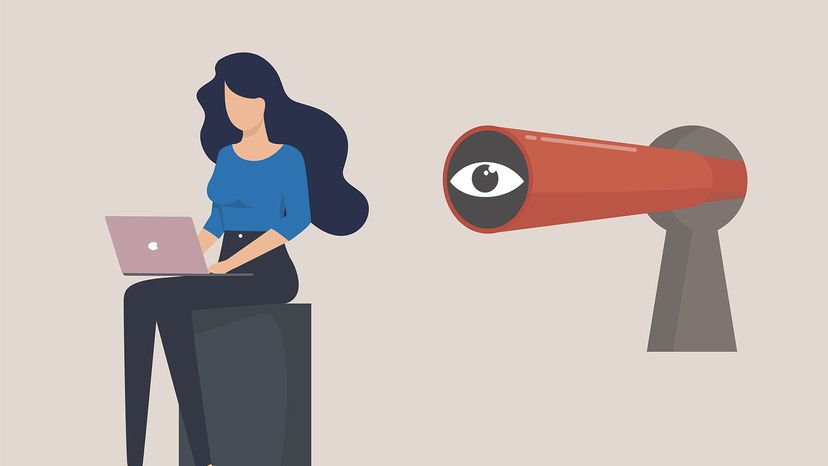
As a society, we are brimming with women qualified to fill leadership positions. And we know that advancing women into leadership positions not only bridges the gap in gender equity but also improves overall company success. Research shows women have more desired leadership qualities than men and perform higher than their male counterparts in resilience, self-development, honesty, and integrity.
Yet a newly released Fortune Global 500 list found that 44 female CEOs led just 8.8% of Fortune 500 businesses in the U.S., and for women globally, the statistics are even bleaker. Female CEOs lead only 24 companies on the Global 500, a mere 4.8% of the world’s largest businesses.
Not only is the percentage of women in leadership extremely low, but the path to reaching the C-suite decreases significantly after the first 10 years of a woman’s career. According to a LinkedIn study, for every one woman who makes it into a leadership position during her first decade, nearly twice (1.8x) as many men make it. Some of the biggest drivers of this gap were parental leave and childcare, with nearly half of working women respondents saying they felt they had to choose between prioritizing their career or their kids.
So how is a woman to break through the glass ceiling and make it to the C-suite after the 10-year mark? Upskilling is a key to advancing any career, especially at the C-suite level. And with unprecedented access to online education platforms, women can access courses no matter what their current situation is, whether they’re in the office, working from home, or on parental leave.
Here are three actionable ways a woman can achieve top leadership success through upskilling.
Keep up with the latest skills in your industry
Upskilling today is not tough. Many online learning skilling programs offer wide-ranging, often generic learning opportunities across functional, digital, and business sectors. High-impact, targeted upskilling is integral to gain entry to the C-suite. According to the Wharton School of Business Executive MBA, the top leadership skills needed for the C-suite include change management skills, subject matter expertise, decision-making, strategic thinking, and foresight.
Women who aspire to a senior leadership role need these skills. However, not many workplaces are equipped to facilitate this type of learning. Online learning programs that specialize in targeted and strategic reskilling and upskilling programs are the best equipped to position workers to gain executive leadership capabilities. When identifying edtech platforms, women should look closely at both the courses offered and curriculums within them. Stronger platforms will offer comprehensive curriculums, specializations in specific industries, and forward-thinking, adaptive approaches that can be applied to changing industries.
The upskilling movement can offer the opportunity we need to finally usher in meaningful change in the struggle for gender diversity in leadership. If women double down on an investment in upskilling either before or even after the 10-year mark of their career, they will gain the skills they’ll need to be leaders in a new digital era.
Lean into rising industries
For the future of work, successful organizations will be the ones that can compete on an increasing rate of learning. The IMF projects that 11% of jobs currently held by women are at risk of elimination as a result of digital technologies. This is a higher percentage than jobs held by men. Organizations are already finding it harder to pull in talent with the amount of advanced digital skills required and an increasing number of jobs. For example, by the end of 2022, at least 54% of all employees will require significant reskilling and upskilling, according to a World Economic Forum report.
One area women face a significant disadvantage is in STEM careers, especially at the leadership level. According to a WEF-LinkedIn study, women hold just 36% of STEM degrees and they make up only 25% of the STEM workforce. Further, only 22% of AI professionals and 12% of machine-learning experts are women.
Great Learning has seen particularly high female engagement in courses like AI, Machine Learning, and Cloud Computing, but especially in Data Science. Upskilling provides a clear way to give women an advantage in rising, and predominantly male-driven industries, where breaking through into the C-suite can be even more difficult. When looking for the right upskilling platform, female learners should focus on those that:
- Involve female leaders in the curriculum, providing participants with important role models.
- Offer flexible formats, so women can manage work and personal life balances.
- Enroll current leaders/C-Suite executives
- Offer the assurance of learning–and not simply access to learning.
Seek mentorship while upskilling
Mentorship in the workplace is one of the most effective initiatives linked to career development. Role models are the end zone and mentors are the coaches who can help you get there. This type of transformational learning is a relationship that offers something powerful to both the mentee and the mentor.
However, women get less of the mentorship and sponsorship that opens doors. According to a 2019 survey from McKinsey and LeanIn.Org, women are 24% less likely than men to get advice from senior leaders. Further, the study finds that 62% of women of color say the lack of an influential mentor holds them back. This is again because men are more likely to hold leadership positions than women. Therefore, sometimes women need to look outside the workplace for mentorship.
If you’re looking to advance your career through mentored upskilling, the key is to find someone with whom you can build a relaxed, inspiring camaraderie with, that is driven by curiosity—as opposed to the binary instructor-student exchange. To find this type of relationship, one must look beyond the standard and often highly publicized learning platforms, and instead hone in on ones that champion programs that offer:
- Mentorship that gives upskillers personalized, human interaction, as well as real-life experience that is often a necessity for management and leadership that can’t be taught through a class alone.
- Mentorship also provides accountability and student retention in an online learning environment. This can be especially critical for women juggling multiple work and home obligations.
To close the promotion gap, women must invest in upskilling early in their careers. The pandemic has currently exacerbated leadership statistics around working women. Those who have stayed working or have returned to work are more burned out than ever before. With the predicted recession, it is even more crucial for women to have clear promotional pathways at work before facing possible additional financial and career growth setbacks.
Aparna Mahesh is the chief marketing officer at Great Learning.





